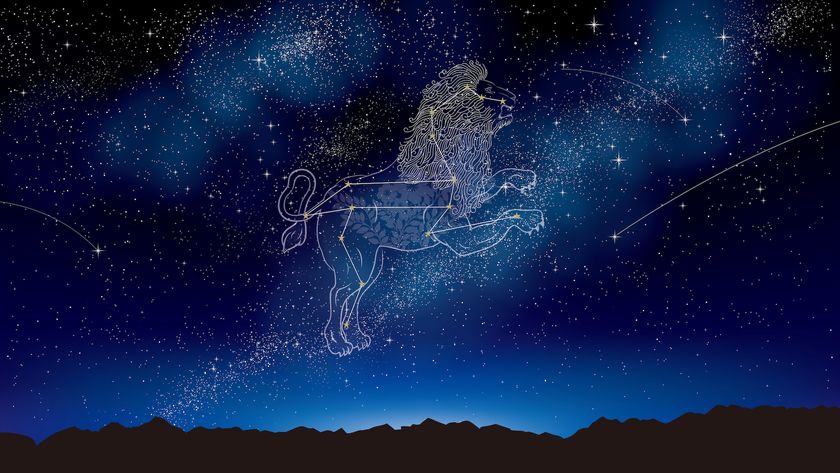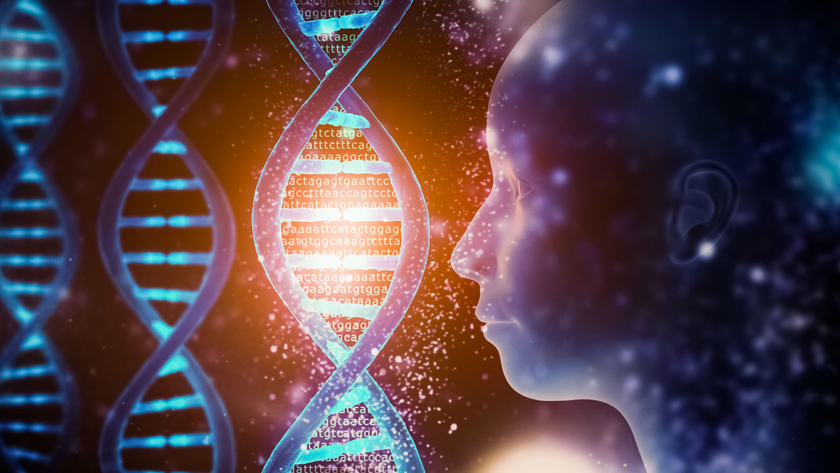Winter Birth May Affect Baby's Personality: Mouse Study

Being born in winter versus summer may affect your biological clock in the long-term, according to a new study on mice.
The research, published online today (Dec. 5) in the journal Nature Neuroscience, found that mice born and weaned in a winter light cycle showed dramatic disruptions in their biological clocks later in life compared with baby mice born in summer light.
The finding is the first of its kind in mammals, and could explain why people born in the winter are at higher risk for mental health disorders including bipolar depression, schizophrenia and seasonal affective disorder.
"We know that the biological clock regulates mood in humans," study researcher Douglas McMahon, a biologist at Vanderbilt University in Tennessee, said in a statement. "If an imprinting mechanism similar to the one that we found in mice operates in humans, then it could not only have an effect on a number of behavioral disorders, but also have a more general effect on personality."
Switching seasons
McMahon and his team began their experiment by raising baby mice from birth to weaning (about three weeks) in either "summer" light cycles of 16 hours of light and eight hours of dark or "winter" cycles of eight hours of light and 16 hours of dark. A third group experienced 12 hours of light and 12 hours of dark a day.
After they were weaned, the baby mice got shuffled into new light cycles. Half the winter mice stayed in a winter cycle, while half switched to a summer schedule. The summer mice were similarly split. The mice raised in equal periods of light and dark were split into three groups, one of which stayed on the 12-hour schedule, one of which joined the winter group, and one of which joined the summer subset.
Sign up for the Live Science daily newsletter now
Get the world’s most fascinating discoveries delivered straight to your inbox.
After 28 days, all of the mice went into an environment of continuous darkness, eliminating the light cues that influence the biological clock. That way, researchers could determine the intrinsic biological cycle of each mouse.
"We were curious to see if light signals could shape the development of the biological clock," McMahon said.
As it turns out, they could. The summer-born mice behaved the same whether they stayed on the summer cycle or switched to winter: They ran at the time they once knew as dusk, continued for 10 hours, and then rested for 14 hours.
But the winter-born mice didn't react as well to the switch in seasons. Those that stayed in winter kept their 10-hours-on, 14-hours-off schedule. In contrast, those that switched to summer stayed active for an extra hour and a half.
Brains glowing green
The researchers used a strain of mice genetically engineered so their biological clock neurons would glow green when active. Using the glow, the researchers monitored an area called the suprachiasmatic nucleus (SCN), which sits in the middle of the brain and houses the biological clock.
The mice's behavior matched up to the activity in their SCN’s. In the summer-born mice, SCN activity peaked at dusk and continued for 10 hours, coinciding with the animals' running time. The winter-born mice that stayed in winter had an activity peak an hour after dusk that lasted 10 hours. In the winter-born mice that made the season switch, however, biological clock activity peaked two hours before dusk and continued for a whopping 12 hours.
The equal-light mice showed variations that fell between the two extremes, with 11-hour SCN activity regardless of the season they experienced post-weaning.
Whether humans might have similar responses to early-life light exposure isn't yet known, but McMahon said that the winter-born mice's exaggerated response to seasons changing was "strikingly similar" to human seasonal affective disorder.
Although research has shown that a winter birth raises the risk for certain mental disorders, there are many factors that could be at play, including exposure to flu or other seasonal diseases. The finding that light in infancy can play a role in later life may prove important for understanding how these disorders arise, the researchers wrote.
- Top 10 Mysteries of the Mind
- Top 10 Controversial Psychiatric Disorders
- 7 Ways the Mind and Body Change With Age
You can follow LiveScience Senior Writer Stephanie Pappas on Twitter @sipappas.

Stephanie Pappas is a contributing writer for Live Science, covering topics ranging from geoscience to archaeology to the human brain and behavior. She was previously a senior writer for Live Science but is now a freelancer based in Denver, Colorado, and regularly contributes to Scientific American and The Monitor, the monthly magazine of the American Psychological Association. Stephanie received a bachelor's degree in psychology from the University of South Carolina and a graduate certificate in science communication from the University of California, Santa Cruz.









